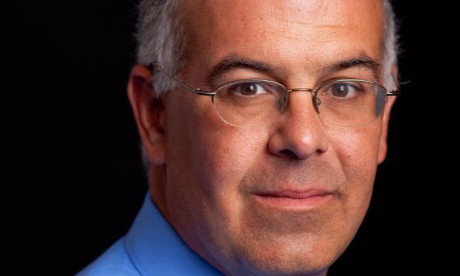One of Pope Francis’ favorite novels is “The Betrothed” by Alessandro Manzoni.
It is about two lovers whose longing to marry is thwarted by a cowardly and morally mediocre priest and a grasping nobleman. A good simple friar shelters the suffering couple.
Then a plague hits the country, reminding everyone of their mortality and vulnerability, and also bringing about a moral reckoning.
As the doctors serve in hospitals for the body, the good people in the church serve in hospitals for the soul. One cardinal remonstrates the cowardly priest.
“You should have loved, my son; loved and prayed. Then you would have seen that the forces of iniquity have power to threaten and to wound, but no power to command.”
In the end there are heart-wrenching scenes of confession, forgiveness, reconciliation and marriage.
I mention this novel, which Francis has read four times, because we in the press are about to over-politicize his visit to America.
We’re comfortable talking about our ideological disputes, so we’ll closely follow and cover whatever hints he drops on abortion, gay marriage, global warming and divorce.
But this visit is also a spiritual and cultural event. Millions of Americans will display their faith in public. Francis will offer doctrinal instruction for Catholics.
But the great gift is the man himself — his manner, the way he carries himself.
Specifically, Francis offers a model on two great questions: How do you deeply listen and learn? How do you uphold certain moral standards, while still being loving and merciful to those you befriend?
Throughout his life Francis’ core message has been anti-ideological.
As Austen Ivereigh notes in his biography “The Great Reformer,” Francis has consistently criticized abstract intellectual systems that speak in crude generalities, instrumentalize the poor and ignore the rich idiosyncratic nature of each soul and situation.
He has written that many of our political debates are so abstract, you can’t smell the sweat of real life. They reduce everything to “tired, gray cartoon-book narratives.” Continue reading
- David Brooks is an Op-Ed columnist for The New York Times.
